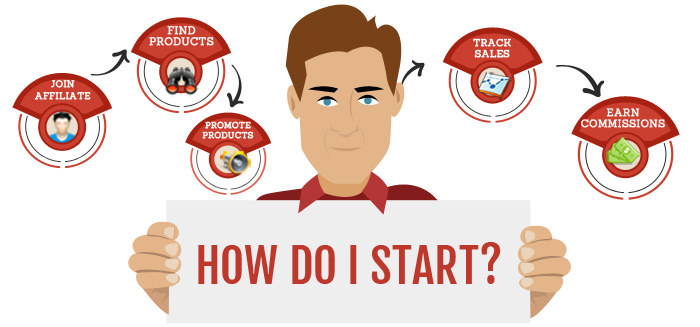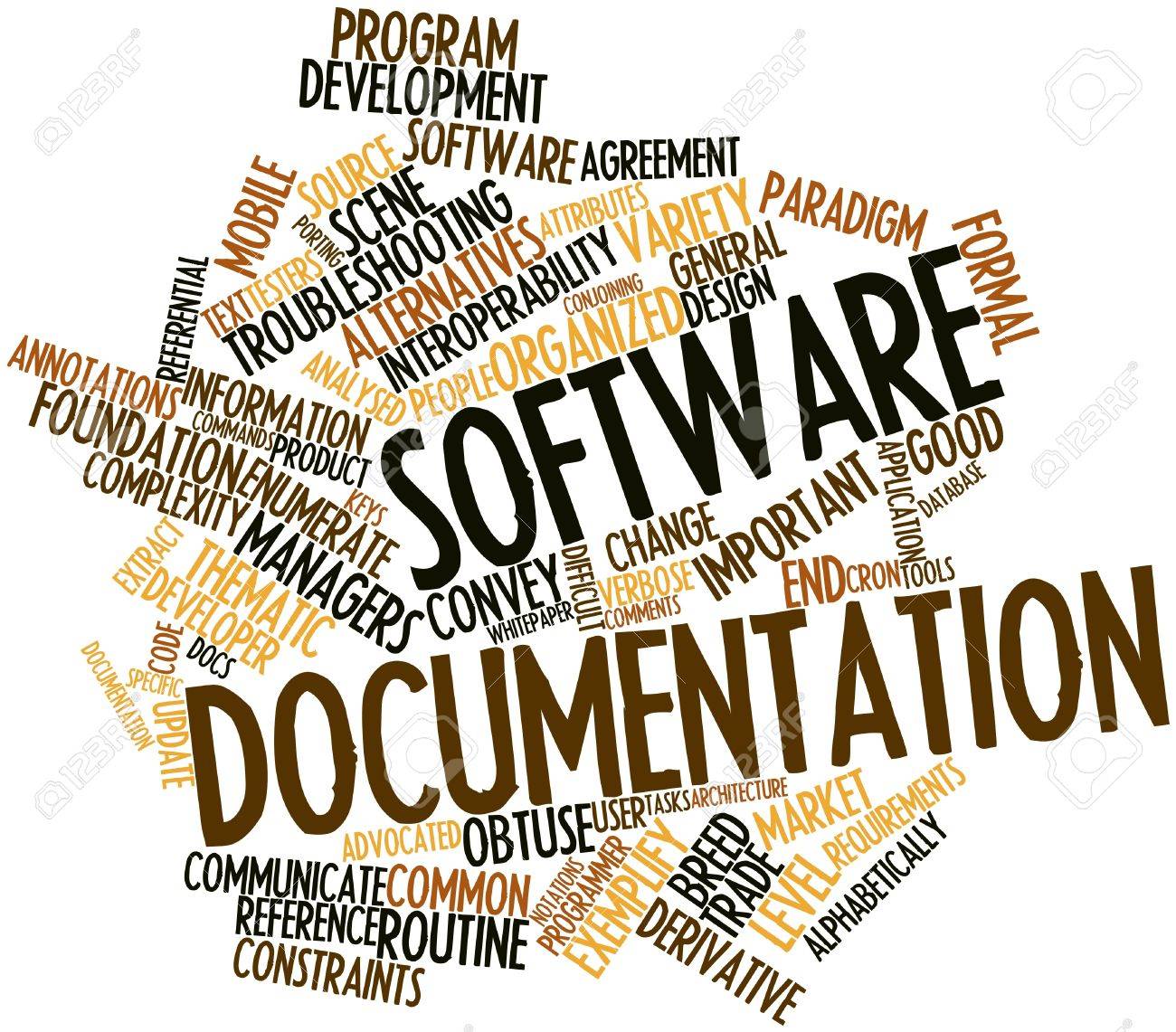- July 14, 2017
- Posted by: SouTech Team
- Category: Consulting, Digital Marketing, Sales and Marketing, Website Design Training, Wordpress Website Design Training
Have you heard of how people make money online recently? Yeah, I know you have heard a lot of different means, but today we will be looking at “Affiliate Marketing”. It is one of the legal ways to earn money online simply by promoting other people’s or company’s products and services. Most affiliate marketing is commission-based but has different categories or methods of earning.
Some Methods of Earning Are:
Pay Per Click is the most popular type of affiliate marketing for affiliates with little websites, and most likely the most convenient way for them to earn money. In this affiliate marketing type, the merchant pays his affiliate whenever a visitor is referred to his site, that is whenever someone clicks through the merchant’s banner or text advertisements. The affiliate makes money based on the quantity of clicks even if the visitors referred doesn’t actually purchase anything from the merchant’s website. Common fees for PPC affiliate programs are small, generally not exceeding a dollar for every click.
| Want to start an eBusiness and Grow it Globally with free IT, Legal, Internet Discounts,3 Months SME Startup Course, ePayment Integration, Biz Development Services, Free Website, Free SMS Units/Portal all done for you within 30 Days?
Start Here>> Click >>> Start a Digital Business in Nigeria
Pay Per Performance (PPP) affiliate marketing is popular amongst merchants and is one of the most financially rewarding type for the affiliates. In this type of affiliate program, the merchant only pays the affiliate whenever his referral equates into an action– that is whenever the visitor he has referred actually purchases something from the referred website. This implies a great deal of cost savings for the merchant. On the other hand, it ends up being the most rewarding type for the devoted affiliate, for commissions in PPP affiliate marketing generally comes in the variety of 15 % to 20 % of the actual item sales.
Pay-per-performance affiliate marketing can be additional categorized into two popular types: pay-per-sales (PPS) and pay-per-lead (PPL).
Pay Per Sale (PPS) is type of affiliate marketing where the merchants pay the affiliate a particular charge whenever the visitor he has referred to the merchant’s site actually purchases something from the merchant’s website. Affiliates are usually paid on commission basis, but some other merchants may opt to pay a fixed charge. But no matter exactly what the basis of the charge is, it is usually greater than the fee paid to affiliates in a pay-per-click affiliate program.
Pay Per Lead (PPL) is the type of affiliate marketing; the affiliate is paid whenever the visitor he referred to the merchant’s site fills an application or any comparable kind associated to the business of the company. Reward for this kind of affiliate marketing is basically on a taken care of fee whose rates approximate that of the taken care of charge in the PPS type.
Aside from these 3 specific kinds of affiliate marketing, a great deal of other affiliate marketing types exists. If the category is based upon the depth of the affiliate network, then it can be categorized as single-tier, two-tier, and multi-tier affiliate marketing. There is also different kind of affiliate marketing that pays the affiliate each time a consumer he referred purchases something from the merchant’s website.
Single-Tier, Two-Tier
These categories of affiliate marketing are based upon the different levels or tiers in the affiliate network by which payments are made. Single-tier affiliate marketing is where the affiliate is paid based on the direct sales or traffic he/she has actually achieved for the merchant. All formerly discussed affiliate marketing categories above (i.e. PPS< PPL, and PPC) fall under the single-tier category. Two-tier affiliate marketing allows the affiliate to earn from both direct traffic or sales that he achieved for the merchant’s website and likewise on every traffic and sales referred by various affiliates who had signed up with the program through his recommendation.
How to Become an Affiliate?
It is true that the idea is basically promoting other peoples’ products and services, but there are few skills one need to acquire in order to become a good affiliate marketer. This include knowing the best program to subscribe to, knowing how to enhance the content of the products and services you determined to market in order to attract potential customers or clients.
Soutech Web Consult has a package design for you to acquire the necessary skill and be sensitized on how to become a good affiliate marketer. Attending trainings on Website Design and Digital Marketing at Soutech Web Consult will give the necessary skills needed for you to become a successful affiliate marketer and start earning passive.
What Next?
Are you a retailer, affiliate marketer or want to starting earning by marketing and reselling products? Join buyallsoftwares.com today and starting earning.
Do not miss our update on how to own a professional affiliate website.
| Want to start an eBusiness and Grow it Globally with free IT, Legal, Internet Discounts,3 Months SME Startup Course, ePayment Integration, Biz Development Services, Free Website, Free SMS Units/Portal all done for you within 30 Days?
Start Here>> Click >>> Start a Digital Business in Nigeria






